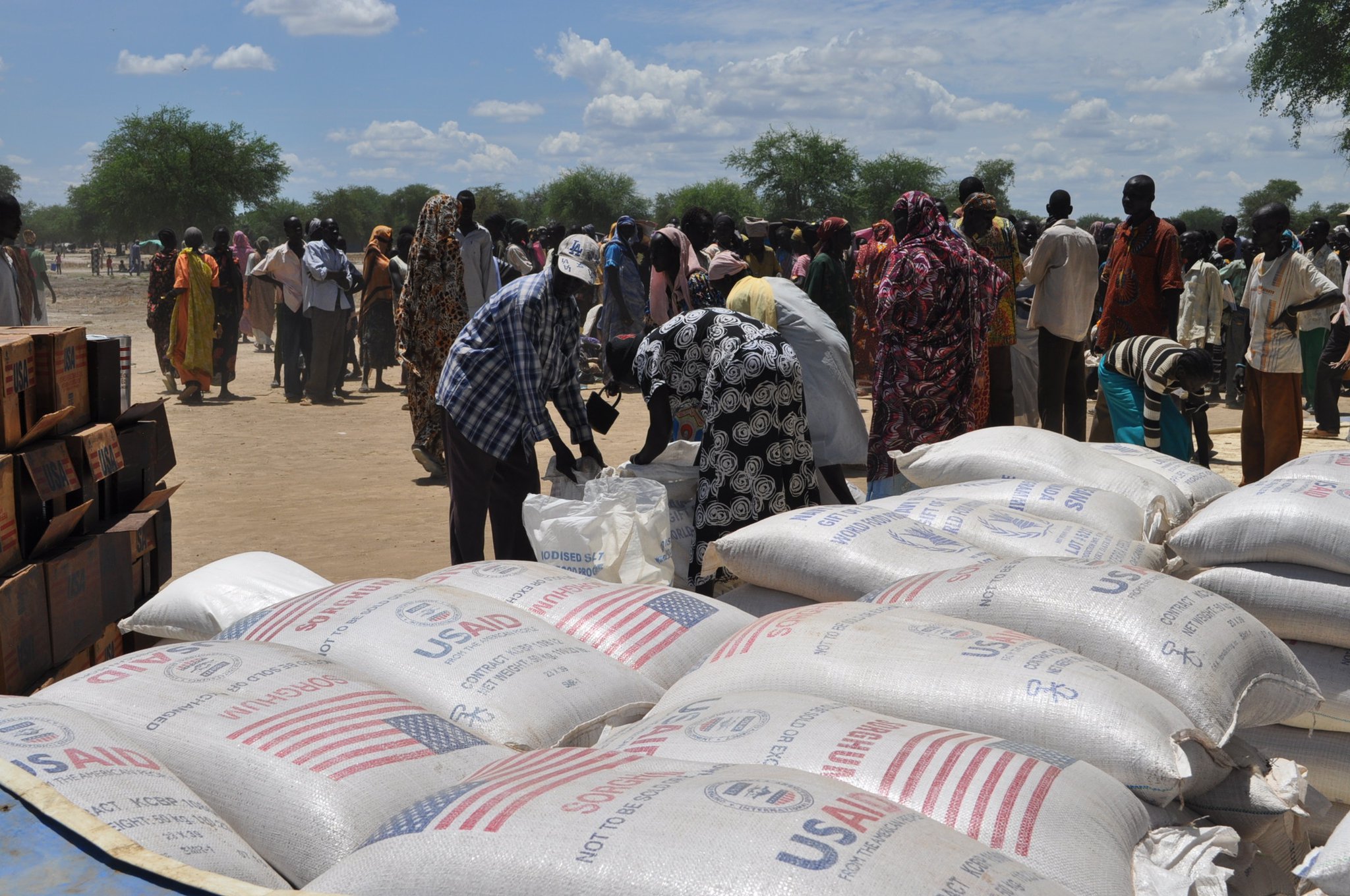Writing Winning Proposals for USAID RFPs
Just finished a very large USAID IDIQ proposal. Since it was the first time my client was bidding for a large USAID project, I realized that they had many misconceptions about how to work with USAID. It thus prompted me to write this article to help companies bid properly for USAID projects.
USAID Bidding Peculiarities
Bidding on large USAID projects is different from many DoD or other federal agencies. Most companies are familiar with the usual bidding process in those agencies. Also once you have a good past performance with any federal agency, you can easily use it with others as well. Unfortunately, that is not the case in USAID bids. Obviously, what I am pointing at is my own experience and opinion; not what is officially written in the bids.
Points to Consider
There are many issues involved when writing a proposal for a USAID solicitation but I wanted to concentrate on a few, which I think are essential:
-
Work in Advance
It is critical to begin preparations for a proposal prior to an official announcement. Ideally, well in advance of an RFP’s release, a firm will be aware that a mission intends to complete an activity and has a general sense of what services will be called for. With good intelligence, a company can review potential partners and anticipate significant competitors months in advance.
-
Team Up
If this is the first time you are bidding for a USAID project, don’t go alone. You will lose. You must partner with a company that has USAID past performance under their belt. It is an uphill battle to get into their circle, unless you team up with a company that has worked with them. Frequently firms that begin partnering discussions early and that possess a fair understanding of what the project will entail sign a pre-teaming agreement. They will then turn this into a full teaming agreement when the RFP is out.
-
Have a Strong Management Posture
The most important part in your proposal is the management section. And the most important part in that is the resume of the management and specially the Chief of the Party (COP) or the Program Manager. Don’t underestimate the importance of this person. A lot of the selection decision depends on his/her experience and qualities. Therefore, you need to give special attention to finding the suitable candidate for this position. This is one of the most important factors in getting a winning proposal. I should note that in 2003, USAID officially changed their policy and eliminated prior experience leading USAID-sponsored activities as a factor in evaluating COP candidates. Yet, firms bidding for USAID jobs understand the importance of COP qualifications and still actively request candidates with such experience in their job postings.
-
Ask Questions
There is almost always an opportunity to ask USAID for clarifications on what a program announcement requires of the bidder. The period to ask questions usually expires well before the proposal submission deadline. Don’t miss this opportunity and ask about every possible ambiguity in the RFP.
A Final Note for Seasoned Companies
As of April 10, 2016, USAID has amended a number of its guidelines for proposal writing. Here is a short summary:
- Section VI. A. (Pg. 37): Removed pooled cost guidance
- Section VI. A. (Pg. 37): Added cost sharing and program income guidance.Cost sharing must be in U.S. Dollars
- Section VI. A. (Pg.37): If no NICRA, can charge a de minimis rate of 10% of MTDC
- Section VI.A. (Pg. 37): Funded modification new budget must include unexpended funds from prior obligation.
- Section VI. D. (Pg. 38, 40): Advanced requirements for new applicants separated into two sections to include information on fixed-amount awards (formerly fixed-obligation grants)
- Section VI. E. (Pg. 40): Ineligible Suppliers section provides websites for the three lists of ineligible suppliers of USAID-financed goods and services.
- Section VI. E. 4. (Pg. 46-7): Prohibited sources expanded and clarified
- Section VI. H. (Pg. 49): Clarified that cost sharing amounts must be reported in U.S. Dollars, not percentages.
- Section VI. G. (Pg. 56): Changed reference to 2 CFR 308
- Section VI. G. (Pg. 57): Clarification of official international travel and staff member dependents for over six months

